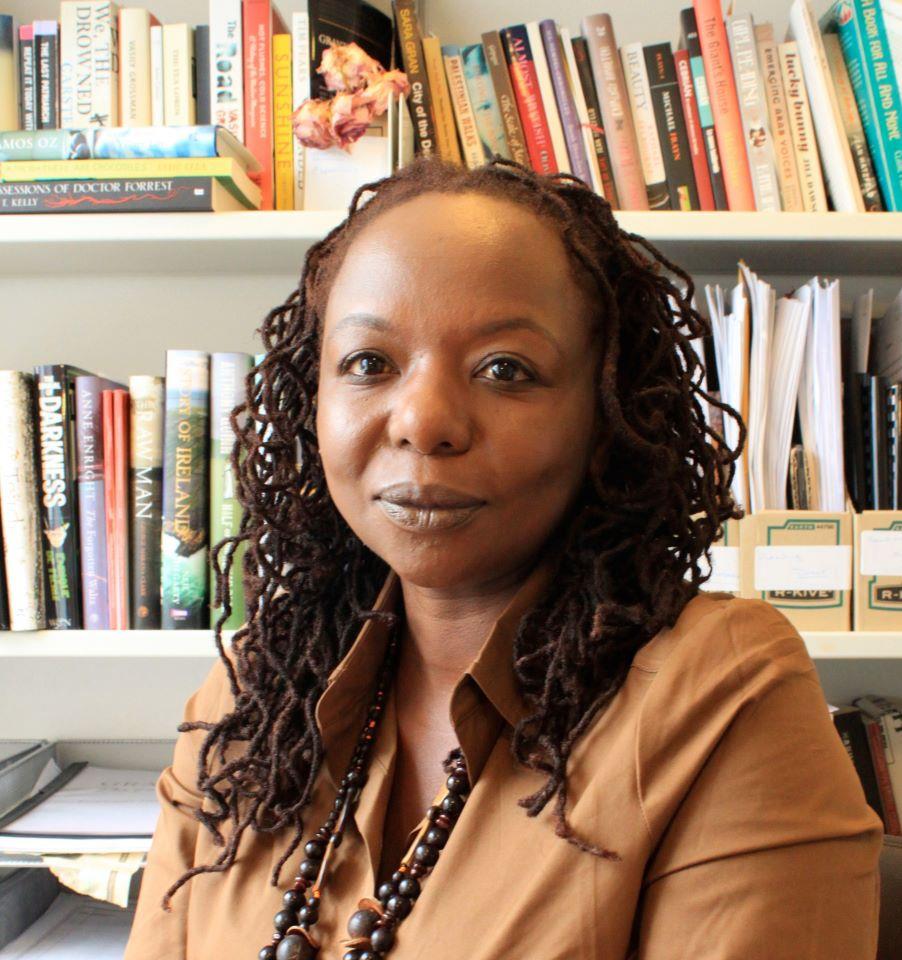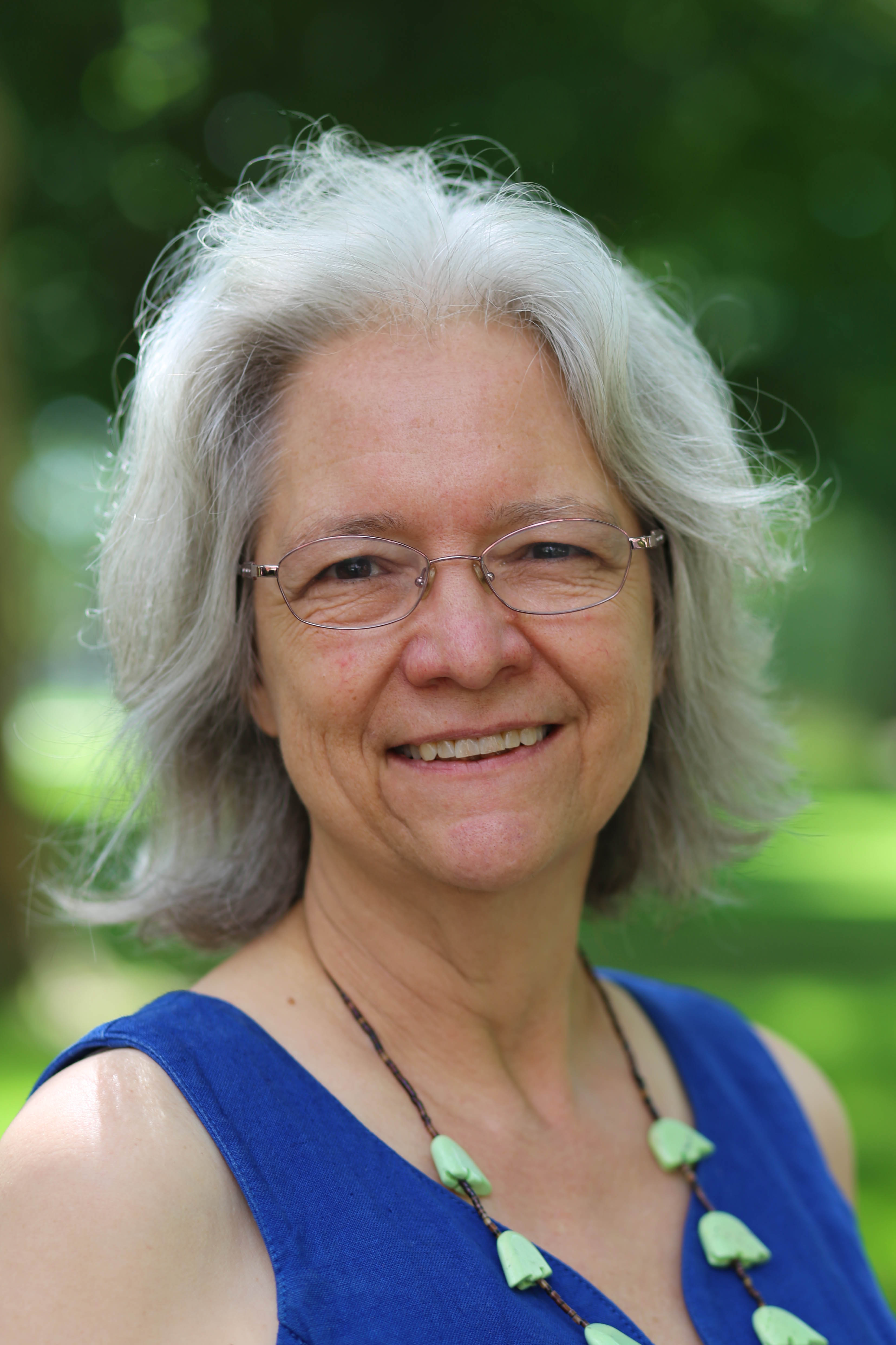Postcolonial Literature
Postcolonial literature and criticism offers a new direction for Mennonite literary studies.
In this issue:
-
0
read more

Introduction: Postcolonial Studies (After Identity)
by Ervin BeckA funny thing happened on Ellah Wakatama's way to writing a postcolonial critique of Sofia Samatar's prize-winning fantasy novel, Stranger in Olondria. She became seduced by the act of reading, independent of ideology and literary theory. Her awareness of postcolonial elements in Samatar's work comes through, but her reader's delight in words and thought predominate in her essay, which is in the tradition of reader-response criticism and the much earlier "appreciation" approach to literature. Ellah is indeed a voracious and perceptive reader, as illustrated by her having to read dozens of books for the Dublin and Man Booker prizes in …
-
0
read more

A Chronicle of Ghosts -- Reading Sofia Samatar
by Ellah Wakatama AllfreyThere are many horizons that must be visited, fruit that must be plucked, books read, and white pages in the scrolls of life to be inscribed with vivid sentences in a bold hand. -- Tayeb Salih, Season of Migration to the North
I. The Reader
When the invitation comes I am immediately uneasy about the request for a scholarly article. I am a reader and – perhaps somewhat defiantly – not an academic. While the theories and language of the academy inform and illuminate my understanding of literature, as a publisher, an editor, what I am most interested in …
-
0
read more

The Scope of This Project
by Sofia Samatar1. Notes Toward a Dream
These are notes toward a dream: the dream of a world Mennonite literature.
When I was asked to write an essay on postcolonial Mennonite writing, this dream occurred to me, or rather revived in me, welled up, for it is a dream I have dwelt with for some time.
To me, the phrase "postcolonial Mennonite writing" means work by Mennonite writers of the postcolony. It means work by writers from Asia, Africa, and Latin America. It means the literary production of those regions where the Mennonite church is largest. It means the writing of the …
-
0
read more

Sofia Samatar: Service for Culture
by Ervin BeckI treasure my copy of Sofia Samatar's A Stranger in Olondria, not only because it is a brilliant achievement by a former student, but especially because of her inscription on the title page: "For Ervin, who introduced me to Gabriel Garcia Marquez—a lifelong influence." She alludes to the International Literature class at Goshen College, which exposed her to the magic realism that blossomed into her achievement in fantasy fiction circles. She might also have cited Salman Rushdie's Midnight's Children, from that overstuffed course syllabus, which, as a Muslim successor to A Thousand and One Nights, seems even …
-
0
read more

From International to Postcolonial Literature at Goshen College
by Ervin BeckIn 1973 the English Department at Goshen College inaugurated a new course, International Literature. It may have been the first postcolonial literature course offered in the United States. It certainly was a pre-cursor that, as with the interest in "new literatures" or "emergent literatures," naturally morphed into a study of literature from the postcolonial theoretical and critical point of view.
Evidence for the significance of the course in American literary studies comes from the March 1974 issue of College English, which at that time had as its main mission English pedagogy in higher education. My essay, "International Literature for …
-
0
read more

Review of The Goshen College Guide to Studying and Serving Abroad
by Ann HostetlerThe Goshen College Guide to Studying and Serving Abroad: Essays on Intercultural Learning.Edited by Duane Stoltzfus.
Pinchpenny Press, 2017
$10.00, 128 pp.
ContactEnglish@goshen.eduto order